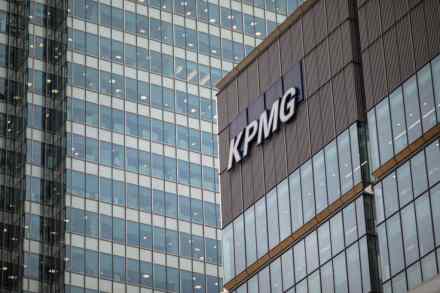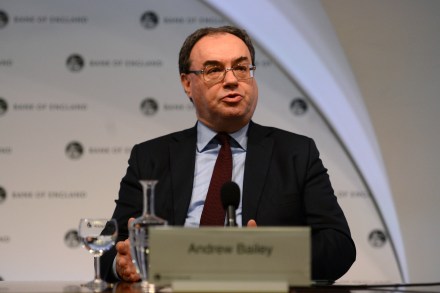Britain can’t win its fight against Big Pharma
Britain has picked a fight with the pharma industry, and it isn’t clear why we think we can win. Not only might NHS costs rise, but we may also lose access to new medications, making our health service increasingly second class and meaning that people die. Health Secretary Wes Streeting’s fight has made headlines and negotiations over costs between pharmaceutical companies and the government have failed. Eli Lilly, for example, has paused British sales of their weight loss drug Mounjaro, and when they resume next month they will do so at almost triple the price. Several threads tie the current problems together. The first is that governments and pharma companies





















